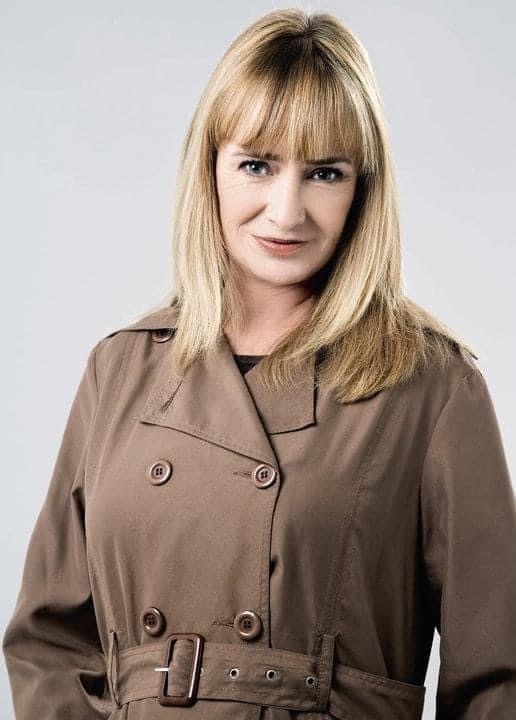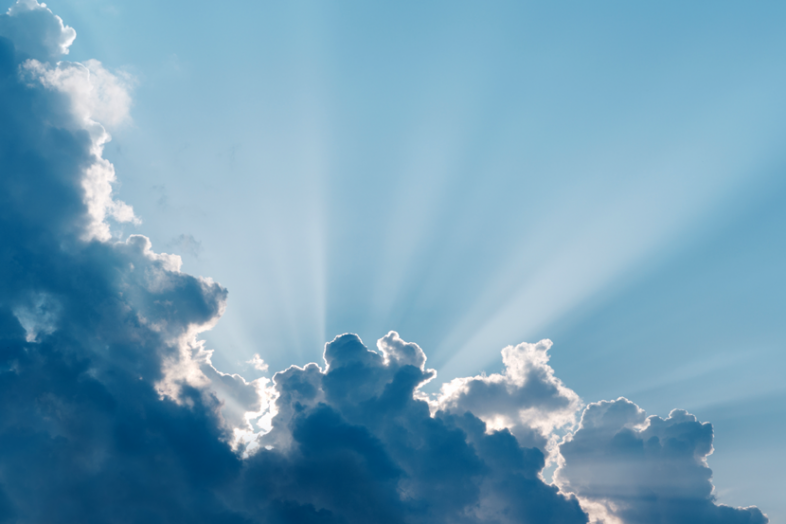We humans have one thing in common: the will to live.
It’s more than a love of life. It’s what German philosopher Arthur Schopenhauer described as an irrational “blind incessant impulse without knowledge”.
This “Wille zum Leben” is deeply instinctive and our striving for human existence really is responsible for the continuation of life as we know it.
We go to great lengths to survive, and much of the cooperation on earth, much of the sociality, is driven by relatedness, an old word that seems to be back in fashion.
It implies connectedness; the meeting of minds on common ground.
It’s how we choose which organisations to join, how to vote, which extracurricular clubs to sign up for … It’s how we decide on whom we want as our friends.
The pandemic has brought forth a blossoming of global “coming together” not seen since, well, the last world war.
Covid-19 has forced us to join forces as a world and pick a side: science, information, vaccination or conspiracy theories and anti-vaxxers.
Relatedness makes friendship sense: to be friends, you have to share things that bind you together, including how you understand the world, and – for me, most importantly – how you show empathy.
It’s why I chose to be friends with Shona Bagley, who died in the middle of this season of death, not from Covid but the other Big C.
Our relatedness, hers and mine, came not from consanguinity, but from bonds that we boasted were stronger than ancestral ties.
We shared common ground: the imperative for social justice, a free press, The Beatles, Sting and Queen, an admiration for bell bottoms and true crime. We loved children, though neither of us had any, a fiery hot mutton curry and citrus-flavoured vodka.
I have been trying to find a way – too complex as it turns out – to separate out her death from the rising statistics of pandemic deaths.
The thing about death and dying is not so much the concomitant sorrow that follows; that’s par for the course.
It’s the unexpected things that complicate the matter, that invert your world, turning things that once were easy to grasp and articulate into mushy areas of swampland.
These quiet moments of bewilderment leave you searching for possibilities in unlikely places until life becomes a sticky mess; like walking through a river of treacle.
This lassitude is sadly apt; we are living in a time of pandemic, where death stalks us all – the young and old, the healthy and the sick.
Death remains the ultimate mystery, and none of us are schooled in how to deal with it.
You never forget your first experience with the grim reaper.
When I was, oh, seven or eight, my grandpa died. I remember the phone ringing and my father barking “Naidoo” down the line in his headmaster’s voice.
I heard him shout to my mother in the other room, his words producing a cry of pain; not sharp pain, that strikes and recedes in equal measure, letting you know you have been hurt, but also that respite is close, so hold on.
My mum’s lament was a sustained keening, the torturous pain that outlasts the moment and makes you take a breath so you can meet the next wave; the howl of indignation that this cruel event is even happening, in the here and now, and that you are a part of it.
My two-year-old sister’s breathing was even in the silvery darkness of our bedroom. She let out little grunting animal sounds in her sleep.
Rain spatter against the windowpane; the sighing of bamboo stalks; they were sounds I loved, that usually made me feel safe and gathered in on a dark and stormy night.
And then my grandpa died and our little house at the bottom of a hill in the small seaside hamlet, Sezela, on the KwaZulu-Natal south coast, turned into a place of sorrow and despair. I watched, transfixed, my mother’s eyes glaze over. “We are undone,” she whispered into the stygian gloom.
It was my first glimpse into the dark world of death.
We had to get back to my mother’s childhood home, Wasbank in northern KZN. Quickly. Tonight.
Patricia, my nanny, tied the sleeping two-year-old Antonette to her back as she packed: pyjamas, knickers, socks, rompers, terry-towel napkins, shorts, shirts…
My mother wrung her hands, muddling up her saints as she prayed; as she searched through her wardrobe: a knee-length black dress with a white Peter Pan collar, the black mantilla she wore to mass on Sunday, an opalescent string of Mabe pearls.

Anton, older by two years, took charge of Shaun, younger by six years, and me, protecting us from being trampled in the melée.
I remember damp hair as I sat in the back seat of our green Ford Corsair, Patricia frantically wiping mud off my patent leather Mary Janes.
I remember my father starting the car and Antonette being unknotted from Patricia’s back and passed to my mother. We surged into the dank night.
It was my first experience of death, yes, but I was far removed from the emotional component that death carries.
It was happening outside of myself, with me the observer rather than the participant. I was watching the consequence of death happening to those I loved – my mum, my aunt and uncles whose father had just died.
At the requiem mass, my father read from the Book of Ecclesiastes, A Time For Everything. The Byrds borrowed from it in their 1965 song: “To everything there is a season, and a time to every purpose under heaven; a time to be born and a time to die…” You can see why it’s a favourite at funerals.
When grandpa died, I was an uninvolved witness. Don’t get me wrong. I was sad. I loved my grandpa, who was generous and benevolent and who cracked jokes and loved us with a fierceness that included the stock-in-trade cheek pinching and hair ruffling. But he was old and sick and really just a kindly figure on the fringe of my little life.
Death did not move into the realm of the possible until I was a grown-up, when I would come to know what it felt like to have insides turn molten; to know such sadness as to drown out laughter and cloud the sun.
In my early 20s, a boy I’d known and loved – wanting to take a photograph – leaned too far over the edge at Augrabies Falls, slipped, and plummeted to his death.
His sweater – it smelled of him, all musk and carbolic soap – would hang over my dining room chair for months.
I learnt that death does not stop life, that the normalcy of mundane life events continues – paying the bills, doing the laundry, taking out the rubbish.
What to do with the shoes? The library books? The can of motor oil under the kitchen sink?
What to do with the shoes? The library books? The can of motor oil under the kitchen sink?
It is what more than 60 000 South African families who’ve lost loved ones to Covid are going through now. So much death. So much loss.
I’ve lost so many people I have loved: my father, my mother, my brother Shaun who choked to death in a restaurant aged just 49, beloved friends …
And yet, every time, I am surprised by the sheer jolt that death brings.
My lovely friend Shona’s childhood name for Jesus was Harold – as in Our Father, Who Art in Heaven, Harold be Thy Name.
Just 24 hours before Shona died, my parish priest, Father Thabo Motshegoa, succumbed to the virus, leaving us congregants at Rosebank Catholic Church rudderless.
I hope these two glittering souls meet up in heaven, and that Harold holds a champagne-fuelled shindig to welcome them.
Shona Bagley was a well-respected writer and editor and launched Elle magazine in South Africa. She was a judge in the 2020 Standard Bank Sikuvile Journalism Awards and will be sorely missed by her friends and colleagues in the media.



